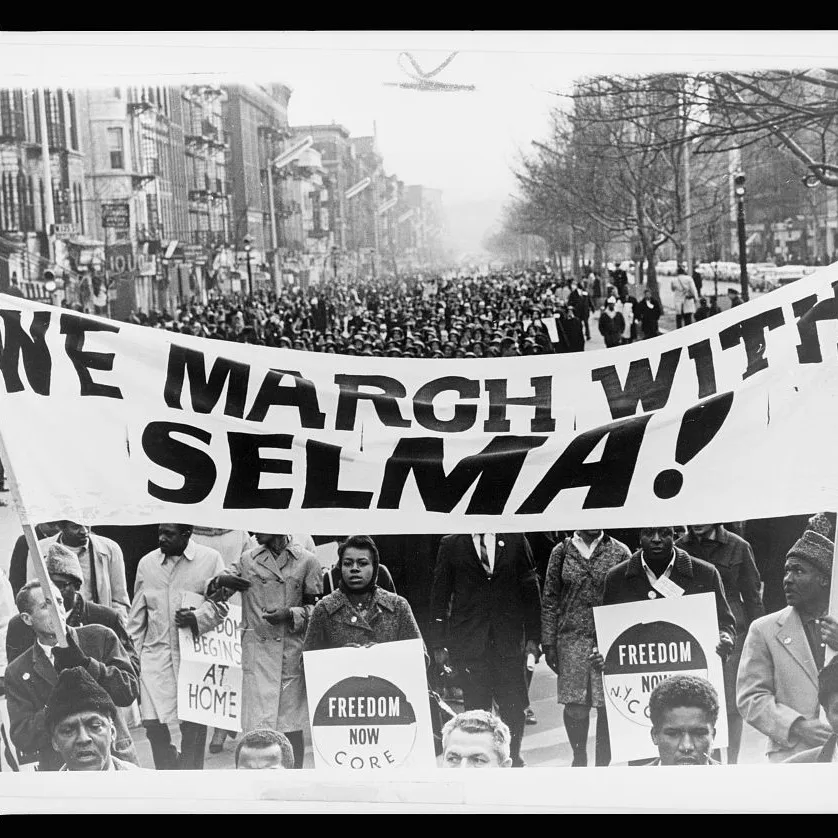The SAVE (Secure America’s Vote Everywhere) Act is garnering increasing attention and controversy as it seeks to change the landscape of voter registration in the United States. Critics argue that the act would undermine current voter registration efforts and disenfranchise many Americans. According to the Brennan Center for Justice, the act limits the access to voter registration, affecting various demographics, especially marginalized groups. In a statement, a Brennan Center spokesperson noted, “The SAVE Act would effectively eliminate automatic and same-day registration, which are crucial in increasing voter participation.” The potential impact of this legislation is profound; experts warn that married women, who have shown increasing voter turnout in previous elections, mainly due to accessible registration methods, could be the most affected, as highlighted by recent findings. The findings were detailed in a recent Newsweek article, underscoring how married women have ceased actively participating in elections in higher numbers due to the restrictive measures proposed by the SAVE Act. Insights from Axios revealed that while proponents argue that the SAVE Act enhances election security, the implications could lead to significant barriers to voting, particularly for those reliant on automatic registration systems. Voter turnout trends indicate a concerning trajectory if voting access becomes further restricted through legislation like the SAVE Act.
The SAVE Act: A Threat to Voter Registration for All Americans













